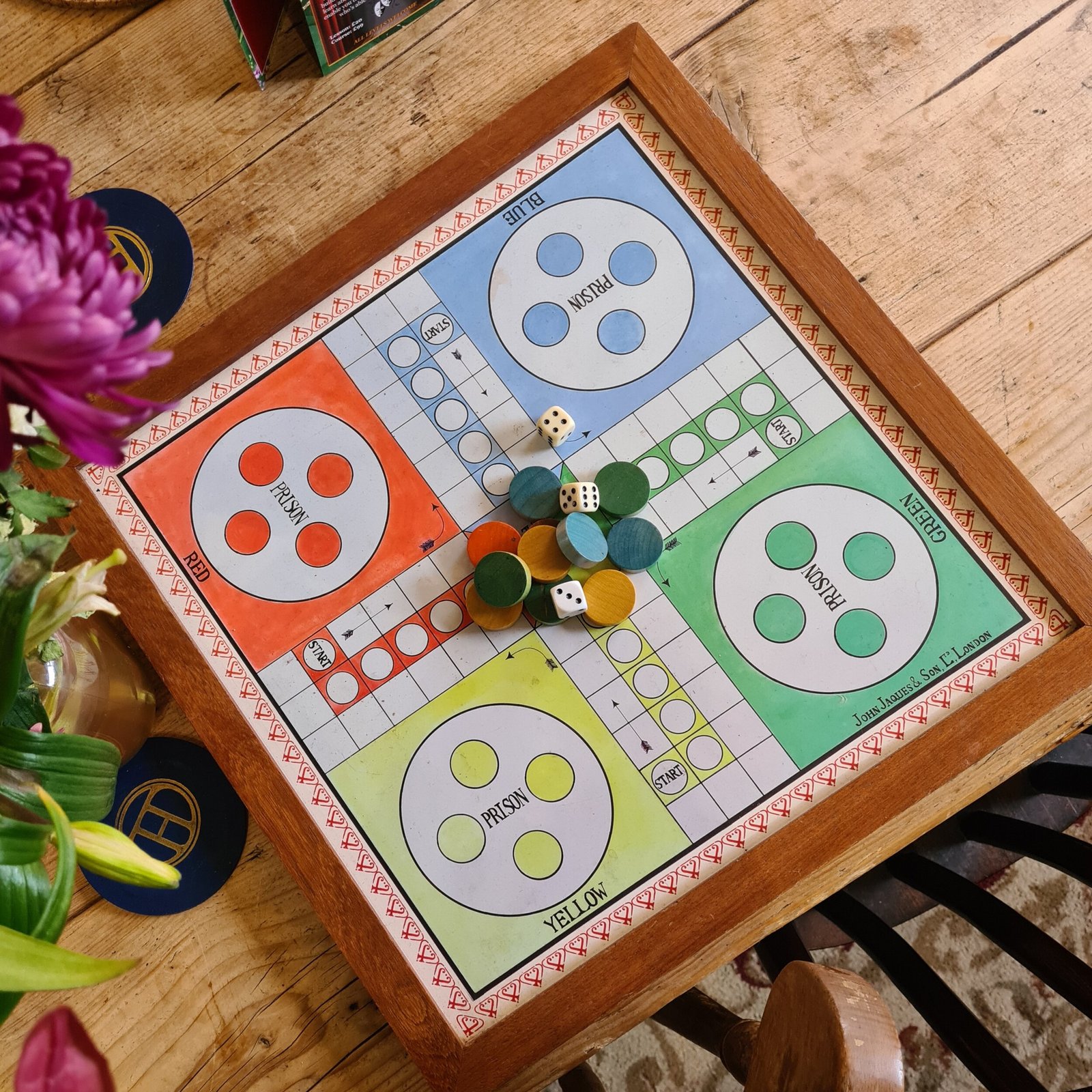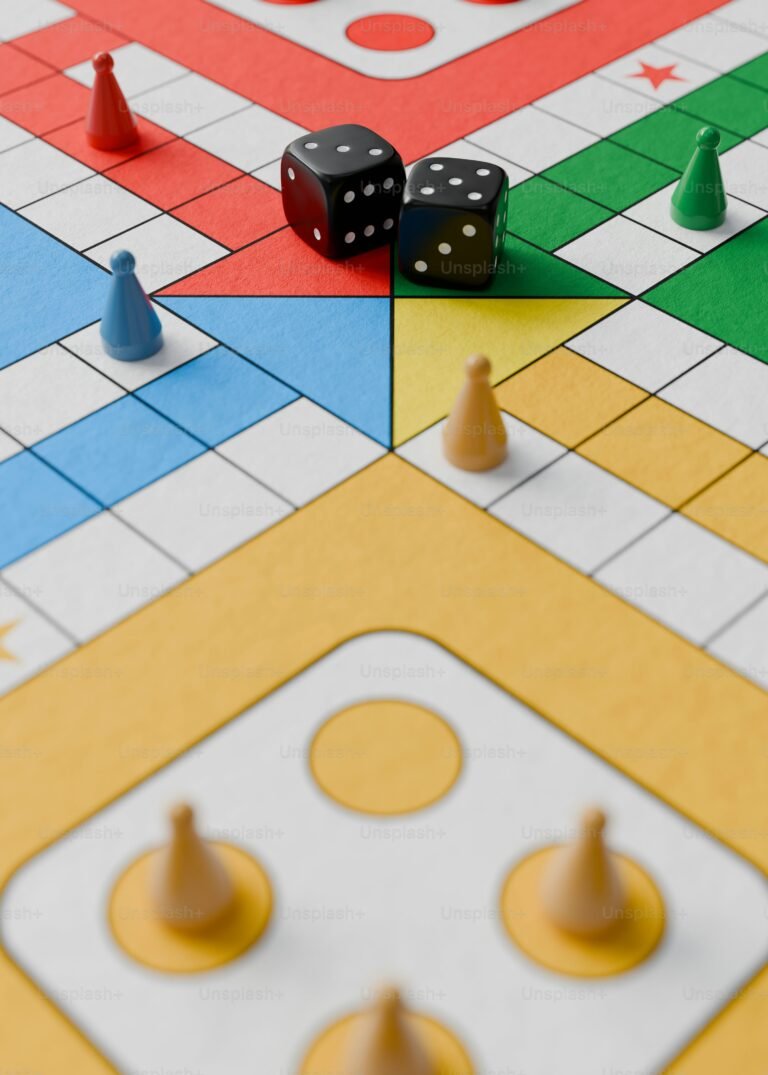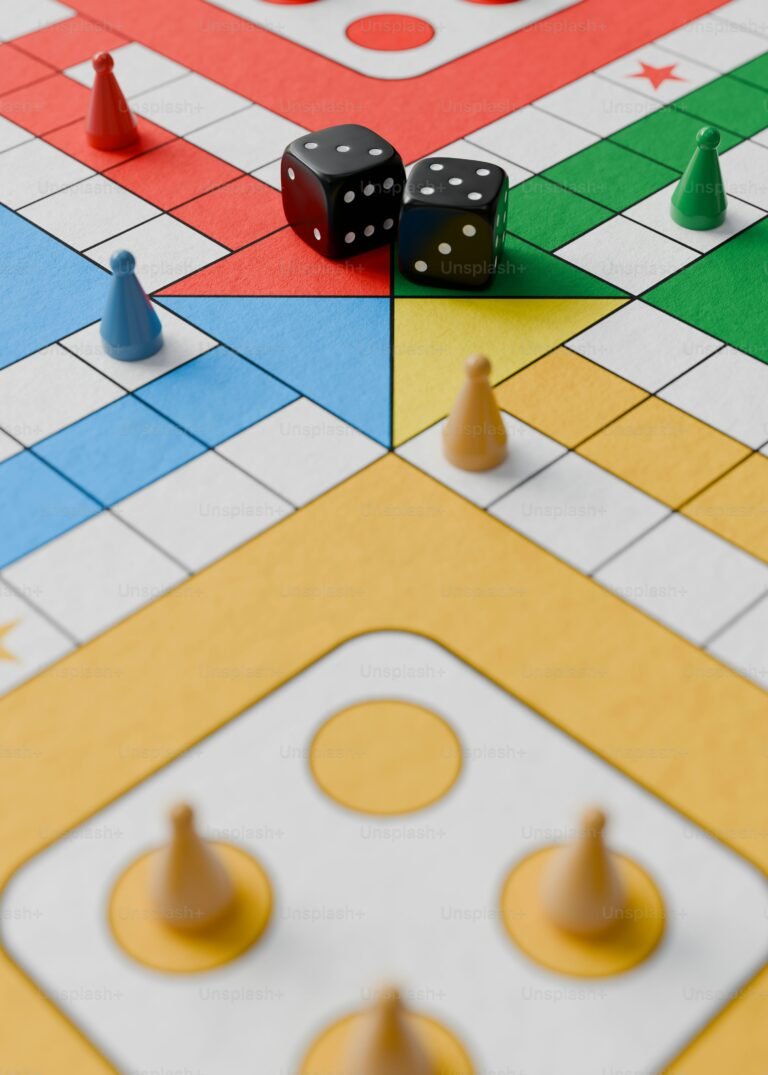
Ludo, a game that has brought families and friends together for generations, has a history as colorful and intriguing as its modern-day board. This universally loved game, now available on platforms like Ludo.pk, traces its roots back thousands of years to the cultural heart of ancient India.
Origins in Ancient India
Ludo’s origins can be traced to the Indian game Pachisi, which emerged around the 6th century CE. Played on a cross-shaped board, Pachisi involved players using cowrie shells as dice to navigate their pieces to the center of the board. The game was a blend of strategy, skill, and chance, symbolizing the journey of life and the interplay of fate and free will.
The Mughal emperor Akbar was particularly fond of Pachisi, often playing it on massive life-sized boards, with human beings acting as the game pieces. This regal version of the game served as both entertainment and a strategic exercise, showcasing the cultural significance Pachisi held in Indian society.
Global Adaptation: The Birth of Ludo
As trade routes expanded and cultures mingled, Pachisi caught the attention of the British during the colonial era. They simplified its rules and adapted it to fit a smaller, more portable format. In 1896, this new version was patented in England under the name “Ludo.” The game’s straightforward mechanics and engaging gameplay made it an instant hit, spreading across Europe and eventually the world.
The Evolution of Ludo in Modern Times
Ludo has come a long way from its ancient origins. The game’s adaptability has ensured its relevance across generations. From traditional board games to digital adaptations, Ludo continues to evolve while retaining its core appeal. Platforms like Ludo.pk have revolutionized how the game is played, offering players the convenience of enjoying Ludo anytime, anywhere.
Online Ludo platforms have introduced exciting features, such as tournaments, global leaderboards, and customizable boards, bringing a new level of excitement to this classic game. What once required physical boards and dice is now accessible with just a smartphone and an internet connection.
Why Ludo Endures
Ludo’s enduring popularity lies in its simplicity and universal appeal. It bridges cultural and generational divides, making it a favorite among people of all ages. The game’s balance of luck and strategy keeps players engaged, while its social aspect fosters connection and friendly competition.
Final Thoughts
From ancient palaces in India to digital screens across the globe, Ludo has truly stood the test of time. Its journey reflects the dynamic interplay of tradition and innovation, capturing the hearts of millions along the way. Whether you’re a seasoned player or new to the game, platforms like Ludo.pk ensure that the joy of Ludo remains alive and thriving in the digital age.
So, the next time you roll the dice, take a moment to appreciate the rich history behind this beloved game. Ludo is more than just a pastime; it’s a testament to the timeless nature of fun and the power of connection.



